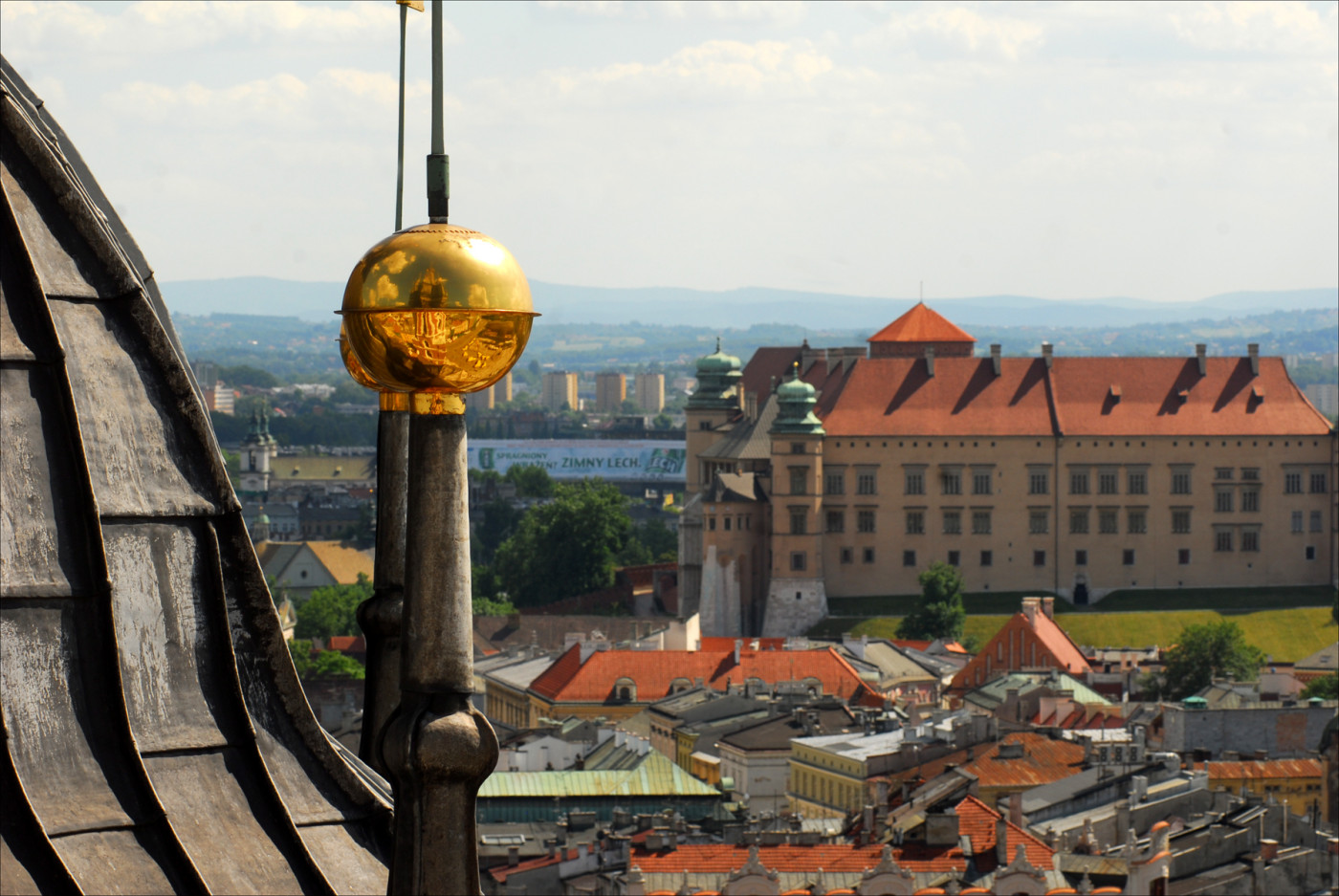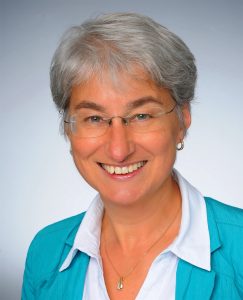Polish City of Krakow to Host Europe’s First SMA Scientific Meeting Jan. 25-27

Panoramic view of Krakow, Poland's cultural capital and host of the upcoming SMA Europe scientific conference Jan. 25-27. (Photo by Larry Luxner)
Nearly 400 people have registered to attend Europe’s first-ever conference on spinal muscular atrophy, a rare neurological disease believed to affect between 21,000 and 25,000 people across the continent.
The International Scientific Congress on Spinal Muscular Atrophy, set for Jan. 25-27 in the historic Polish city of Kraków, is being organized by SMA Europe, an umbrella group of 15 national SMA patient advocacy organizations in 13 countries.
Vanessa Christie-Brown, SMA Europe’s coordinator, said the European Union’s approval of Biogen’s Spinraza (nusinersen) in June 2017 inspired her group to put together the meeting. The approval covers SMA types 1, 2 and 3.
The EU authorization followed one by the U.S. Food and Drug Administration in December 2016.
“Spinraza’s approval is hugely significant in that it’s brought a lot of hope to many people. But the problem with Europe is that every country has its own different legislation and regulation,” Christie-Brown told SMA News Today by phone from her group’s U.K. headquarters.
Great Britain has 1.6 million carriers of the genetic mutations that cause SMA. Of the 777,167 British babies born in 2015, Christie-Brown said, 78 had one type of SMA or another. This translates into roughly one in 10,000 births — a prevalence consistent with worldwide figures.
“In countries like Germany, Spinraza is accessible for all types of SMA, but in the U.K., that’s not the case. So we’re seeing a lot of frustration,” said Christie-Brown, a former research scientist in London. “We felt it was very timely now to hold a research conference in light of this, to get all the stakeholders’ views.”
The conference, to take place at Kraków’s 650-year-old Jagiellonian University, has been endorsed by the European Commission and Poland’s Ministry of Health. Corporate sponsors include Avexis, Biogen, Novartis, Roche and Scholar Rock. The local host is Fundacja SMA, a Warsaw-based nonprofit founded in 2013 that advocates for Poles with SMA and their families.
Around 100 abstracts will be posted at the congress, including 28 selected for oral presentations.
One of the featured U.S. lecturers will be Dr. Arthur Burghes of Ohio State University, who will open the event Jan. 25 with a keynote address, “Where have we come, where do we go?” Another will be Dr. Charlotte Sumner of Baltimore’s Johns Hopkins Medicine, who will speak Jan. 26 on “SMA as a systemic disease.”
Later that day, Dr. Christian Lorson of the University of Missouri will present “Pre-clinical combined therapies: Combinatorial opportunities with splice-switching ASOs in SMA.” And on Jan. 27, Dr. Richard Finkel of Nemours Children’s Hospital in Orlando, Florida, will discuss “Challenges of clinical trials and beyond.”
SMA Europe’s scientific director is Dr. Brunhilde Wirth. As founder and chair of the Institute of Human Genetics at Germany’s University of Cologne, she’s probably been studying the disease longer than any other European researcher, other experts say.
“This is the first SMA conference ever organized in Europe,” Wirth told SMA News Today by phone from Cologne, adding that she hopes to hold similar conferences once every two years. “We’ve never had an event like this before. We always went to Cure SMA meetings in the U.S., but it’s more than appropriate now to have such a conference in Europe because of all the ongoing therapies. Parents and caregivers will be particularly excited to hear what’s going on.”
She added: “In addition to supporting scientific studies, SMA Europe also supports workshops that really helped to get Spinraza accepted by the EMA, which was extremely important. None of this would have happened without an organization like SMA Europe.”









